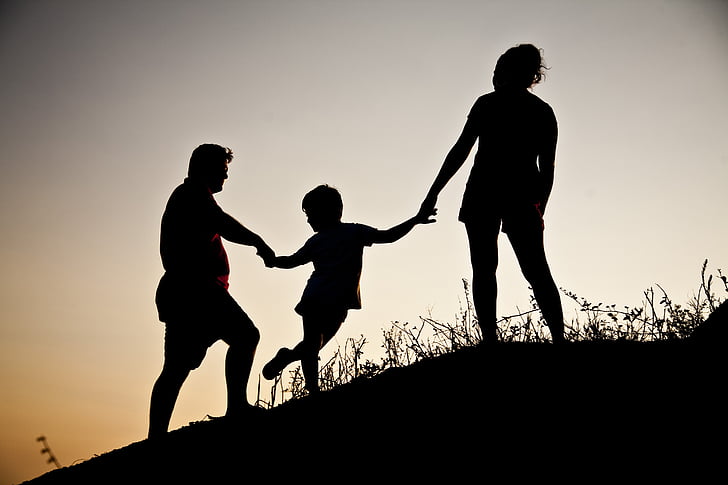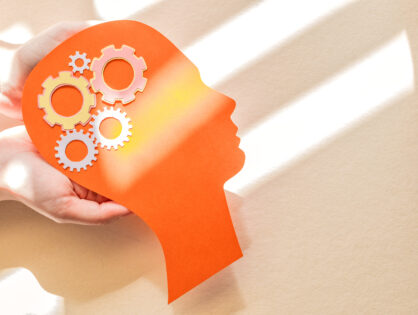Introduction:
Family conflicts and dynamics have a profound influence on the emotional well-being of young individuals. The family serves as the primary socialization agent during a child's formative years, and the quality of family relationships significantly shapes their emotional development. In this article, we will explore the psychological implications of family conflicts and dysfunctional dynamics on young individuals’ emotional health and well-being.
Emotional Turmoil and Insecurity:
Emotional turmoil is usually evoked in young individuals by family conflicts. Constant exposure to conflicts can lead to feelings of anxiety, fear, anger, and confusion. This emotional upheaval stems from the lack of predictability and stability, which disrupts the sense of security that children and adolescents need to thrive. As they struggle to make sense of the conflicts around them, their emotional well-being may be severely impacted, affecting their overall development.
Low Self-Esteem and Role Confusion:
There is a significant impact of family conflicts on self-esteem and role confusion in young people. Negative family dynamics, such as constant criticism or hostility, can erode a young person's self-esteem, leading them to question their worth and capabilities. Additionally, it might force young individuals to take on roles beyond their years, such as becoming mediators between parents or assuming responsibilities typically handled by adults. This role confusion can hinder their ability to explore their own identity, limiting personal growth and self-discovery.
Coping Mechanisms and Mental Health Issues:
Family conflicts result in coping mechanisms and mental health issues. Some young people may resort to escapism, avoidance, or rebellion as ways to cope with the emotional distress caused by conflicts. Such maladaptive coping strategies can have detrimental effects on their mental health, potentially leading to anxiety, depression, and even post-traumatic stress disorder (PTSD) in vulnerable individuals. Moreover, it may shape their perceptions of relationships, impacting their future interactions with friends, romantic partners, or their own children.
CONCLUSION
THE IMPACT OF FAMILY ON YOUNG MINDS
Family conflicts and dynamics profoundly influence the emotional well-being of young individuals. The family is the primary socialization agent during a child's formative years, and the quality of family relationships significantly shapes their emotional development.
There are some psychological implications of family conflicts and dysfunctional dynamics on young people's emotional health. Let’s know:
Related Articles:
Sleep Patterns – Their Role in Youth’s Mental Health & Cognition
Teen Peer Pressure – Psychological Impact & The Fitting-In Factor
Violent Media Impact – Addressing Youth Mental Health Concerns
Adolescent Identity – Challenges of Self-Discovery
Balancing Academics & Well-being in Competitive Student Life


